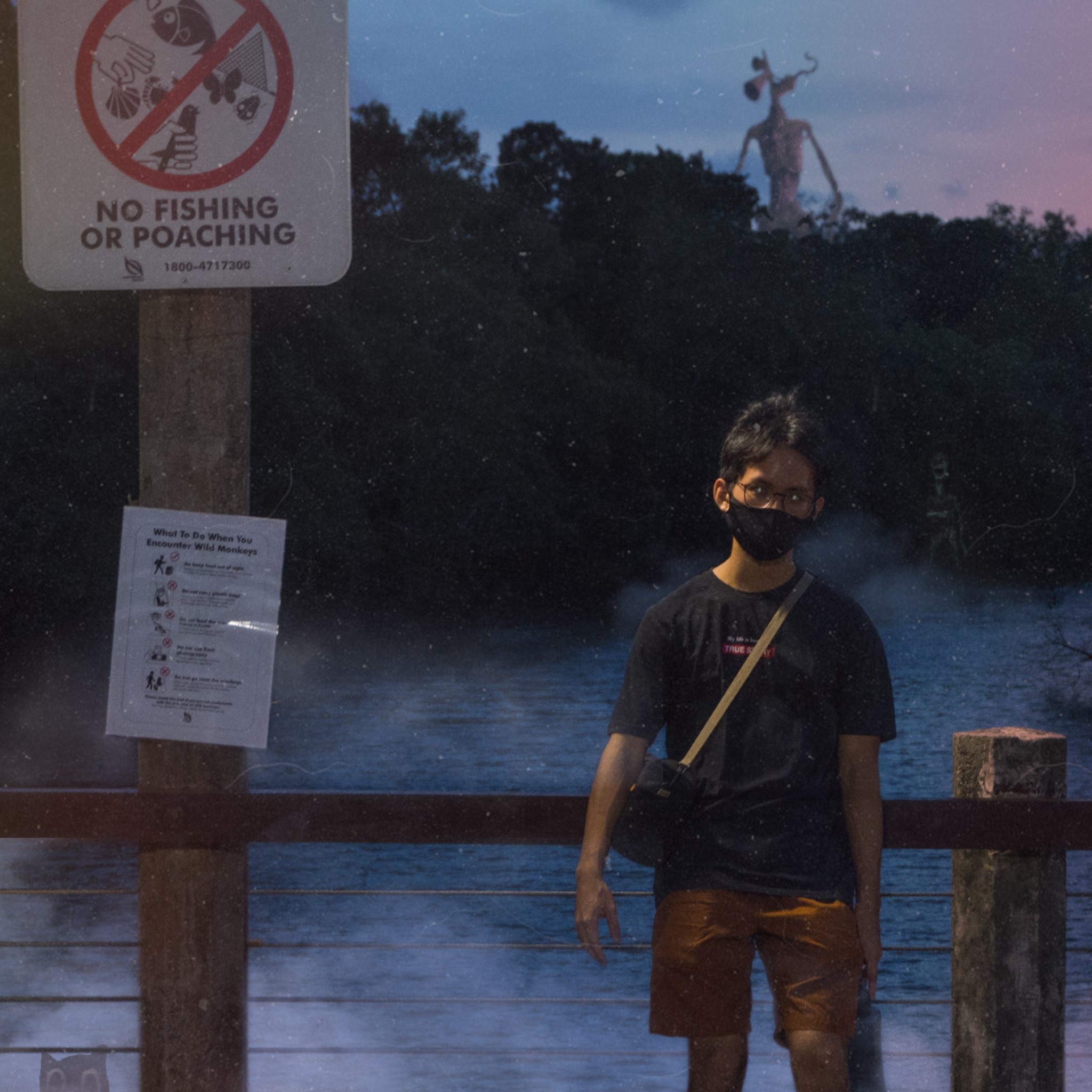Methods we can use to instil empathy in children during their formative years with the aim of making them kind and empathetic adults.
A couple of years ago, I stumbled across the Netflix series Sense8. It had a transgender character, Nomi Marks. And the more I watched, the more I felt like I could see and understand her. Out of nowhere, I had a good idea what it was like to be transgender in a world full of people who are not. All of a sudden, I could empathise with them.
While this is the most vivid example I can come up with, it is not the only one. I have empathised with horses and the cruelty they go through, like having bits through their mouths, after watching documentaries and reading books about them. I have also empathised with people going through debilitating disease. With empathy comes an understanding of another's plight, and kindness, which can make a lot of difference.
Kindness is a trait every human should have, but it is easier said than done. I have found out that people are generally more willing to extend kindness to others when they have had similar experiences or, at least, have an idea of it.
Nobody chooses to have a predisposition for cancer or Alzheimer's disease. Likewise, nobody chooses their sexual orientation or skin color. Still, some people go to extreme lengths to make life hard for other people just because they are not like them and others are unpertubed.
I believe that if people could have an insight into how the lives of people different than themselves go, they will be kinder and more empathetic.
Schools should adopt, as part of their curriculums, a robust and engaging model of teaching empathy that includes the following:
The use of literature - poetry, novels, autobiographies, etc. - that provide insights into the lived experiences of other people.
The use of animations, images, series, movies, documentaries, and other visual content to showcase the lived experiences of other people.
Interviews where the purpose is to explore and share experiences with other people, especially marginalized members of society.
Immersion programs where they have a real-time experience of other's lives.
On the last point: I once witnessed a kid on the streets hawking a product to another kid roughly his age who was in an air conditioned car. The street kid targeted the other kid because the product is something well sought after by people their age. It was ironic to me because even though the street kid sold and probably desired the product, he couldn't afford it.
Immersion programs will introduce kids to other lives for a specified, safe period, so they can gain an appreciation and understanding of other's lived experiences. It can work like this idea or can be less drastic depending on how safe it is.
By the way, I believe this idea is applicable to adults, too. While it is easier to inculcate empathy in people from a young age, that shouldn't stop efforts to inculcate it in adults, too.




Please leave the feedback on this idea
Please leave the feedback on this idea
Please leave the feedback on this idea